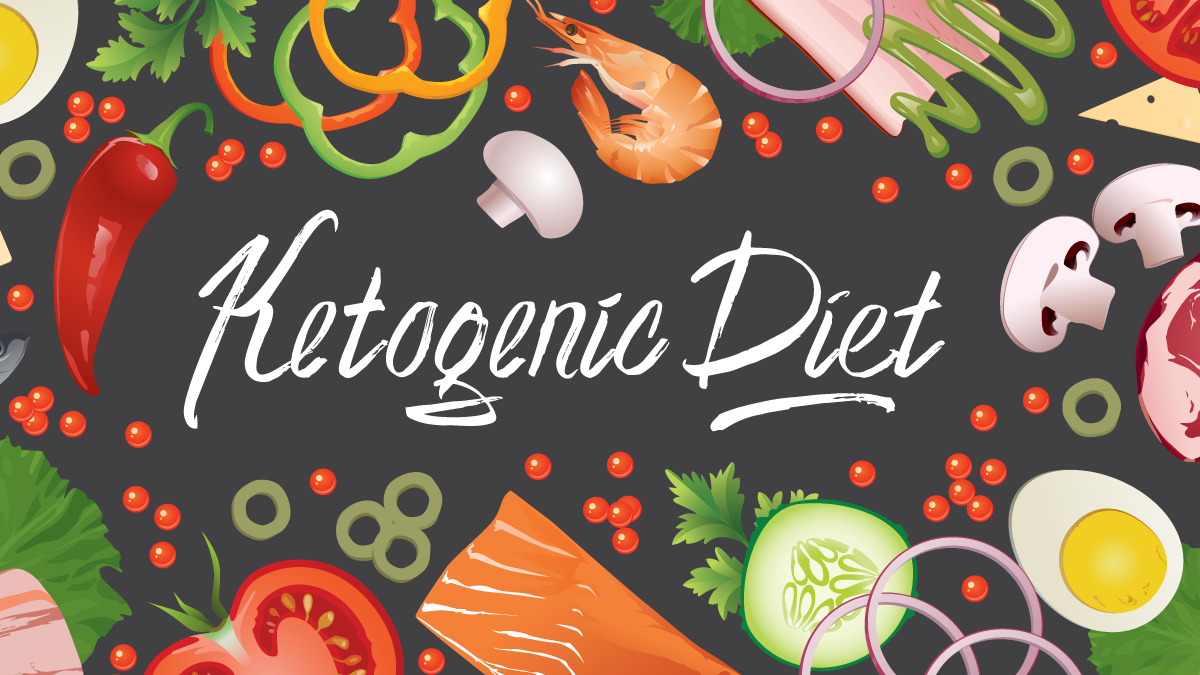Is a ketogenic diet safe? Would you recommend it? These are some of the common questions most patients ask. A ketogenic diet is not something new despite the recent hype. The ketogenic diet has been used in medicine to treat drug-resistant epilepsy, especially in children, for almost 100 years. Dr. Atkins simplified his low-carbohydrate diet for weight loss, which starts with a two-week ketogenic phase, in the year 1970. Other fad diets incorporated a similar approach over the years.
What is a ketogenic diet?
A ketogenic diet triggers the body to release ketones into the body’s bloodstream. If circulating blood sugar from food is unavailable, most cells would prefer to use blood sugar that comes from carbohydrate as the body’s primary source of energy and will start breaking down fat into molecules known as ketone bodies (the process is called ketosis). Most cells will make use of ketone bodies to produce energy until carbohydrates are once again available by eating.
To break down stored fat as a source of energy, the shift from using circulating glucose usually occurs over two to four days of eating fewer than 20 to 50 grams of carbohydrate per day. Have it in mind that some people need a more restricted diet to start producing enough ketones, making this a highly individualised process.
A ketogenic diet is rich in fats and proteins because it lacks carbohydrates. It commonly includes fish, butter, oil, nuts, sausages, eggs, seeds, fibrous vegetable and processed meat. It is a difficult diet to follow over the long run because it is too restrictive. The typical American diet is about 50% carbohydrates. The major criticisms of this diet are that many people tend to eat poor quality fat and too much protein from processed food with very few vegetables and fruits. But you don’t have to give up on some of your regular habits. While on keto, feel free to visit, Starbucks, Chipotle or Taco Bell and you will find something for yourself, too. This diet could worsen the condition of patients with kidney disease, so they need to be cautious. Also, some patients may have bad breath, vomiting, nausea, constipation and sleep problems while some may feel a little tired in the beginning.
Are there benefits of the ketogenic diet?
We have substantial evidence that indicates that a ketogenic diet is an effective medication that reduces seizures in children. Some questions have arisen about the possible benefits for other brain disorders such as multiple sclerosis, Alzheimer’s, ALS, autism, Parkinson’s, sleep disorder and brain cancer because of its neuroprotective effects. However, ketosis treatment for all these conditions has not been recommended by any human studies.
When patients go on a ketogenic or carbohydrate-deficient diet, previous research shows real evidence of faster weight loss when compared to participants on a Mediterranean diet or traditional low-fat diet. However, with time, the difference in weight seems to disappear.
For those patients with diabetes, a ketogenic diet has also shown to improve blood sugar control in the short term. When we consider its effect on cholesterol levels, there is even more controversy. A few studies show some patients with increased cholesterol levels, in the beginning, only to see it fall a few months later. There is no long-term research studying its effects on high cholesterol and diabetes.
What’s the bottom line?
A ketogenic diet could accelerate weight loss and can be an attractive alternative to treat certain conditions. The diets are notoriously unhealthy and can be hard to follow, heavy on red meat, salty food, and fatty processed food. People can’t eat this way for a long time, so we do not know much about its long-term effects. Try to embrace change that is sustainable for the long term rather than engaging in a modern diet that only lasts a few weeks. A diet rich in colourful fruit, unprocessed food, whole grains, olive oil, lean meat, fish, vegetables, nuts, and lots of water seems to have the best evidence for a vibrant, long and healthy life. You can also go for the low carb diet, which main differences with keto are explained in this article from Proper Good.

